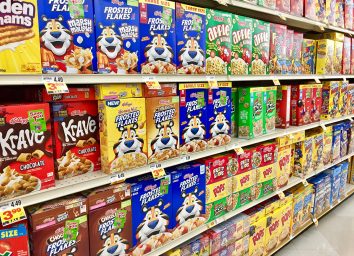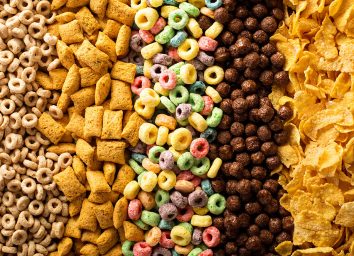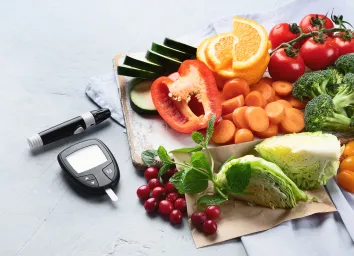The #1 Worst Breakfast to Eat If You Have Diabetes, Says Dietitian
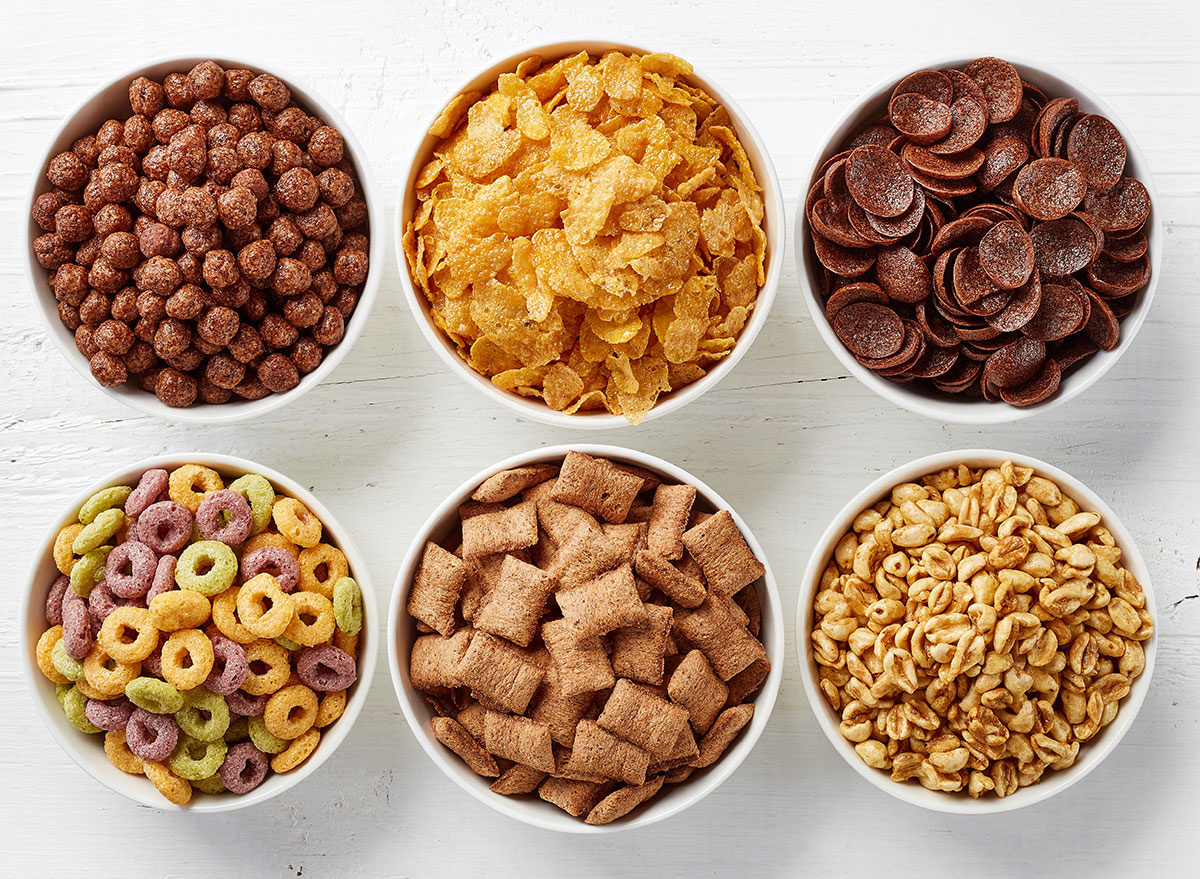
Over 10.5% of the U.S. population has been diagnosed with diabetes as of 2020, and over 34.5% of U.S. adults are prediabetic, making diabetes an extremely serious issue for Americans today.
Although fixed factors like age, genetics, and environment can affect your chances of getting diabetes, things like high blood pressure, living an inactive lifestyle, and a poor diet can increase your chances as well.
If you already have diabetes, things like exercise, insulin, medication, and a healthy diet can help you live a healthier life with your diagnosis. Foods that can raise your blood glucose levels, like things high in sugar and low in fiber, can be dangerous to eat for those already living with diabetes.
According to Courtney D'Angelo, MS, RD, author at GoWellness, one of the worst breakfasts to eat if you have diabetes is cereal and milk.
Here's why sugary cereal and milk may not be your best breakfast choice, and for more healthy eating tips, make sure to check out Eating Habits to Avoid If You Don't Want Diabetes.
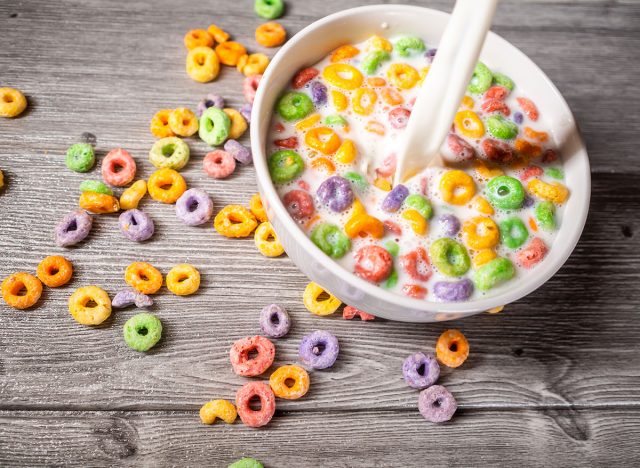
Why are cereal and milk potentially harmful to those with diabetes? The answer lies in the potential amounts of carbohydrates and sugar.
"Traditional cereal and milk for breakfast have the potential to drive up your blood glucose levels, especially if you choose a cereal with little to no fiber," says D'Angelo.
Because diabetes greatly affects the way your body can process blood sugar, this may be a breakfast you want to stay away from.
Getting enough fiber can help you control blood glucose levels, so if you're wanting to still eat cereal, make sure you choose one high in fiber like Cascadian Farm cereal or Magic Spoon. D'Angelo also suggests switching it up for something like oatmeal with nuts on top.
"With this breakfast, you're getting whole grains with fiber and protein," says D'Angelo. "As a bonus, nuts like almonds contain healthy monounsaturated fat, which research has shown can provide a steady blood sugar for your next meal."
For even more tips for diabetics, read these next:
